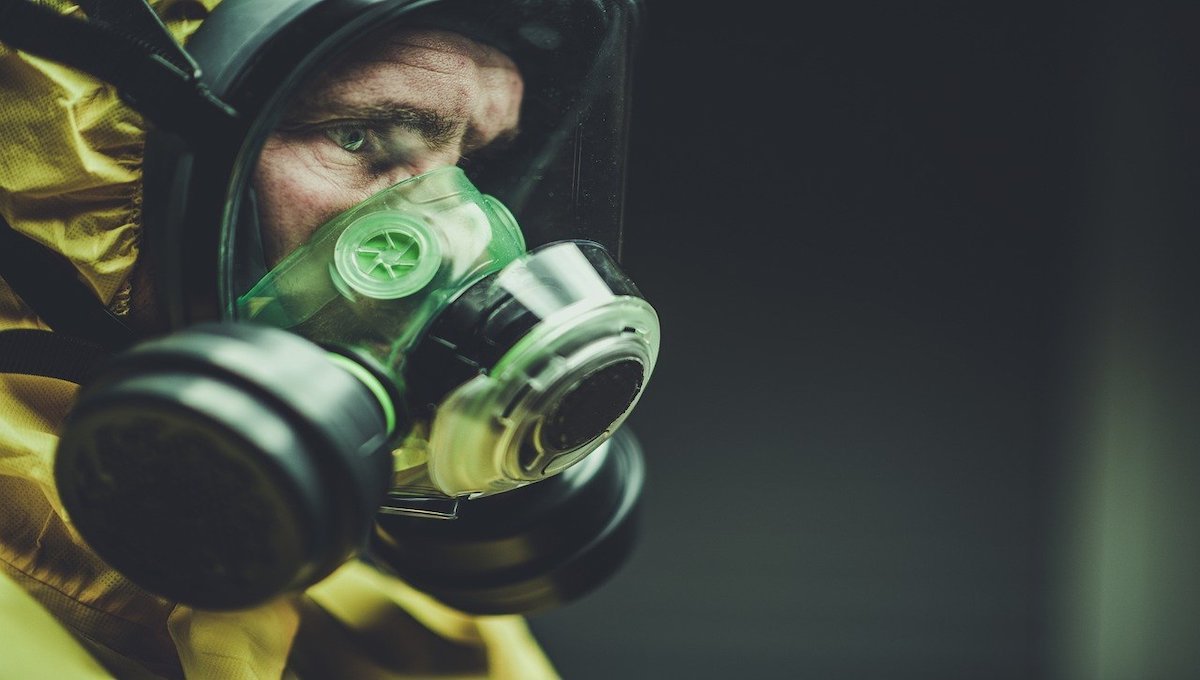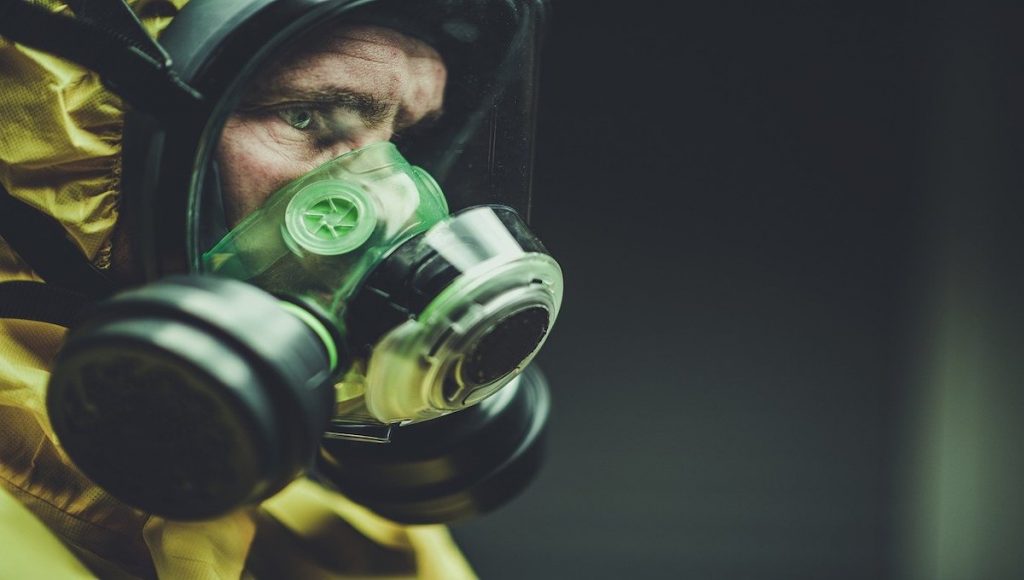COVID-19, an acronym for coronavirus disease 2019, is a highly contagious respiratory infection caused by severe acute respiratory syndrome coronavirus 2 (SARS-CoV-2), which is a newly emerged pathogen first detected in Wuhan, China in December last year. The COVID-19 outbreak began spreading rapidly worldwide and is now declared a pandemic by the World Health Organization (WHO).

As SARS-CoV-2 is a new virus, nobody possesses prior immunity to the virus, which means all humans are prone to contract COVID-19. The virus primarily spreads through respiratory droplets produced if an infected person sneezes or coughs within a distance of six feet from other people. Taking into account the experiences across the world and more recently in the United States, it has been identified that people with chronic health problems are at higher risk of developing serious illness from COVID-19, specifically, people living with pulmonary fibrosis, which is a genuine concern as the number of people affected by COVID-19 is increasing steadily. Individuals above 60 years of age are also at the highest risk of COVID-19.
Rapidly Evolving COVID-19 Outbreak needs to be Closely Monitored
To evaluate the potential health implications from COVID-19 to the pulmonary fibrosis community in the United States, it is essential to keep tabs on the evolving COVID-19 outbreak.
According to a recent survey, at least 200,000 people have been diagnosed with pulmonary fibrosis in the United States, but it was found that more than 8 in 10 people were unaware of the symptoms of this lung disease. Being a progressive disease, pulmonary fibrosis causes scarring in the lungs, and symptoms include persistent dry cough, fatigue, and shortness of breath. People suffering from respiratory diseases including pulmonary fibrosis are more likely to develop severe complications from novel coronavirus illness (COVID-19) if they get infected, and therefore, they should seek medical attention as soon as the symptoms appear. COVID-19 leads to inflammation and injury within the lungs and in some people with a compromised immune system or a chronic health condition, it can progress into a serious illness.
Generally, the symptoms of COVID-19 develop between 2 -14 days of exposure to the novel coronavirus. While symptoms vary from mild flu-like illness to severe breathing difficulty, most common symptoms include:
- Fever ( temperature measuring over 100.4 °F)
- Worsening dry cough
- Body ache, headache, tiredness
- Shortness of breath
People with pulmonary fibrosis should seek immediate medical attention if following signs develop:
- Difficulty in breathing or feeling short of breath more than usual
- Persistent chest pain
- Bluish discoloration of lips and face
- Increase in oxygen requirement
People Living with Pulmonary Fibrosis should take Special Precautions
As people living with pulmonary fibrosis are considered to be at higher risk of COVID-19 and more likely to develop a more severe infection than the others, the U.S. Centers for Disease Control and Prevention (CDC) has advised people with pulmonary fibrosis to take extra precautions to protect themselves and limit complications. Apart from personal hygiene habits and social distancing measures, people with pulmonary fibrosis need to take up these preventive measures:
- Stocking up on essential items such as medications and other supplies that will last for several weeks
- Avoiding non-essential travel
- Staying at home
- If symptoms similar to a viral illness develop and if there is a travel history to a high-risk area in the past 40 days, self-isolate at home for 14 days.
- Maintain a daily care regimen and call a health care provider if COVID-19-like symptoms develop.
Family members and Caregivers of People with Pulmonary Fibrosis play an Important Role
To prevent COVID-19 spread, the family members and caregivers of people with pulmonary fibrosis should take extra care of themselves and follow appropriate precautions if they develop COVID-19 symptoms. Self-isolation is the best method to avoid COVID-19 spread. The caregivers of people with pulmonary fibrosis should monitor their health status constantly and help them stock necessary medications and other supplies for several weeks. To minimize trips to the grocery store, it is essential to store non-perishable food items.
During this COVID-19 outbreak, pulmonary rehabilitation appointments may be avoided, instead, home exercise programs may be followed after discussing with the pulmonary rehabilitation center.
Management of COVID-19 outbreak
Currently, health organizations such as the National Institutes of Health (NIH), the CDC, and other infectious disease researchers are collaborating to study the transmission of the novel coronavirus and to develop a vaccine to prevent COVID-19, without which containment of this virus would be difficult.
Most symptoms of COVID-19 are mild and nearly 80% of people who get infected by this virus recover without any specialized treatment. About 1 in 6 patients with COVID-19 may develop serious breathing difficulties, which would require major interventions such as oxygen therapy and mechanical ventilation in conditions of respiratory failure.
About the author:
Gregory A. Cade is the owner and principal attorney at the Environmental Litigation Group, P.C, with over 20 years of experience in helping people exposed to occupational hazards. The law firm based in Birmingham, Alabama and a branch office in Washington, DC serves clients from all over the United States. With a solid science background in Industrial Hygiene, Gregory has also been an OSHA compliance expert and an environmental consultant.







